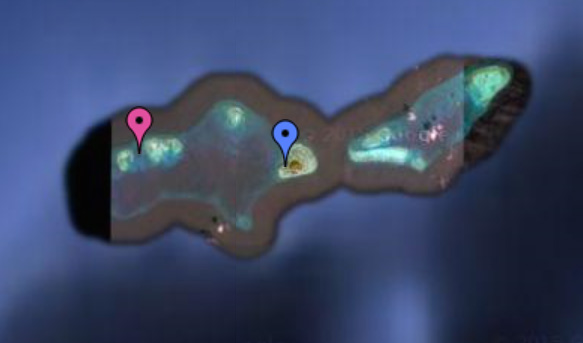Why is Manila so quick to accede to Beijing’s protest on the building of huts on a Philippine-controlled sandbar, while downplaying Chinese military actions in the South China Sea?
This was the question raised by opposition lawmaker, Magdalo Rep. Gary Alejano, as he said the Chinese government “has no acceptable basis to react negatively” to construction work in Sandy Cay, near the Philippine-inhabited Pag-asa Island.
Defense Secretary Delfin Lorenzana first disclosed this new development in the maritime dispute on Wednesday. The Marines were supposed to build nipa huts, or thatched-roof shelters made of bamboo and palm, to shelter fishermen.
“China complained because the Philippines was occupying new features, which it said was a violation of a bilateral agreement,” he said, adding that Mr. Duterte later ordered, “Let’s pull out.”
Alejano contrasted the Duterte administration’s willingness to heed Beijing’s protest even as its officials maintained that China was in good faith over alleged incursions in the Philippines’ exclusive economic zone.
“Just a minute reaction from China and the Philippines would immediately halt its actions. Meanwhile, Chinese forces, military and coast guard, are illegally entering our Exclusive Economic Zone yet our DFA Secretary and the President could only respond that we assume good faith in their actions,” Alejano said.
“The administration has been downplaying the situation in the West Philippine Sea while China continues to push us into the corner,” he added.
Alejano said the planned construction in Sandy Cay was “not a new occupation by the Philippines,” and thus did not violate the Declaration on the Conduct of Parties in the South China Sea.
“In fact, the sand bars have traditionally been under effective control of the Philippine troops. Further, the sand bars are subject to regular patrols and visitations by the Philippine troops and our own fishermen,” he said.
The lawmaker, who unsuccessfully sought the impeachment of President Rodrigo Duterte over his alleged failure to defend the country’s maritime claims against China, said the administration should “realize the importance and urgency of asserting the favorable ruling” of the United Nations Permanent Court of Arbitration.
The tribunal’s July 2016 invalidated China’s “nine-dash line” claim enveloping much of the South China Sea, which overlaps with the Philippines’ exclusive economic zone.
“There could not be any more proper time to stress it than now. We do not want to waste time that we could use to peacefully strengthen our claims,” Alejano said.


